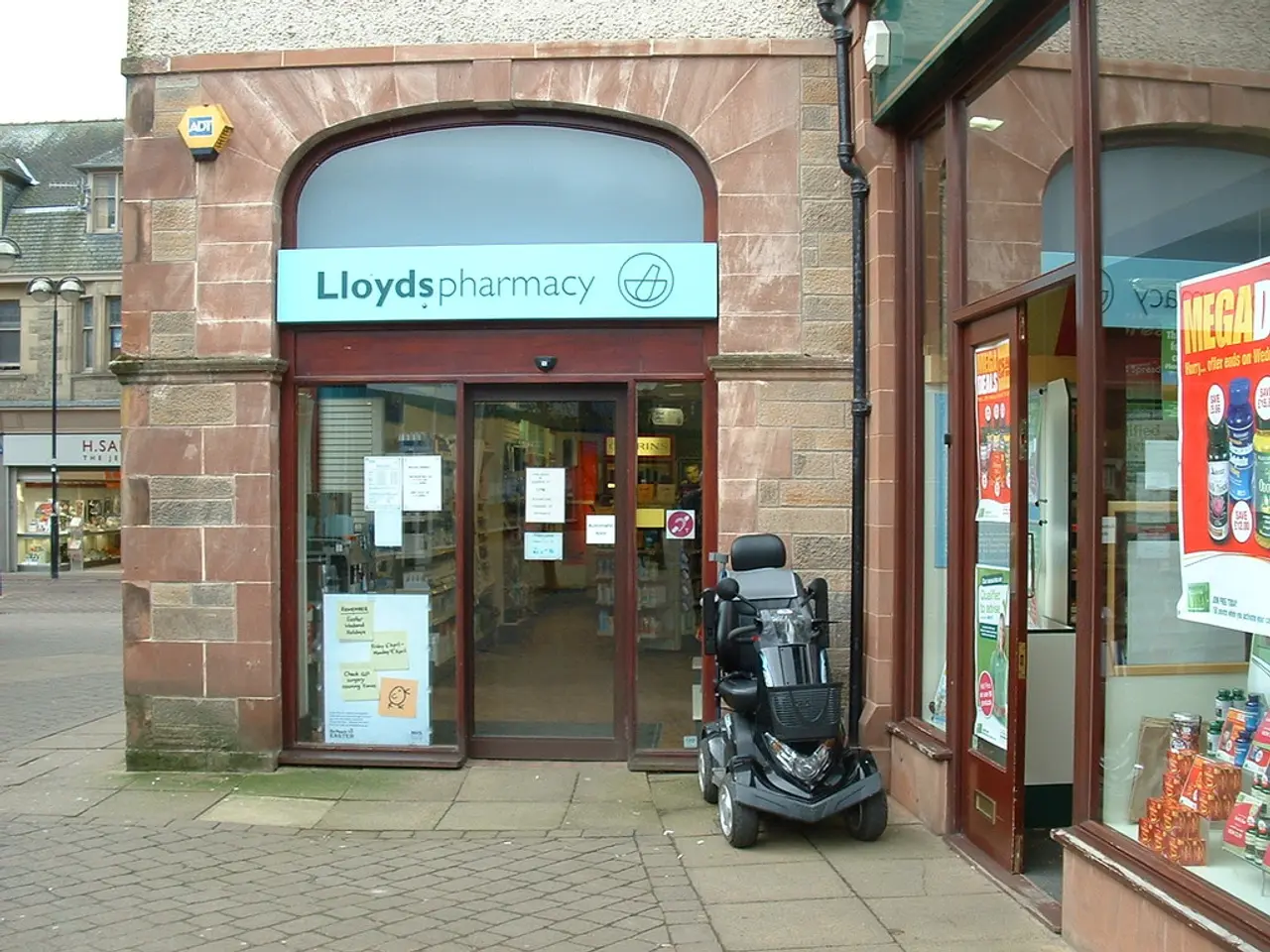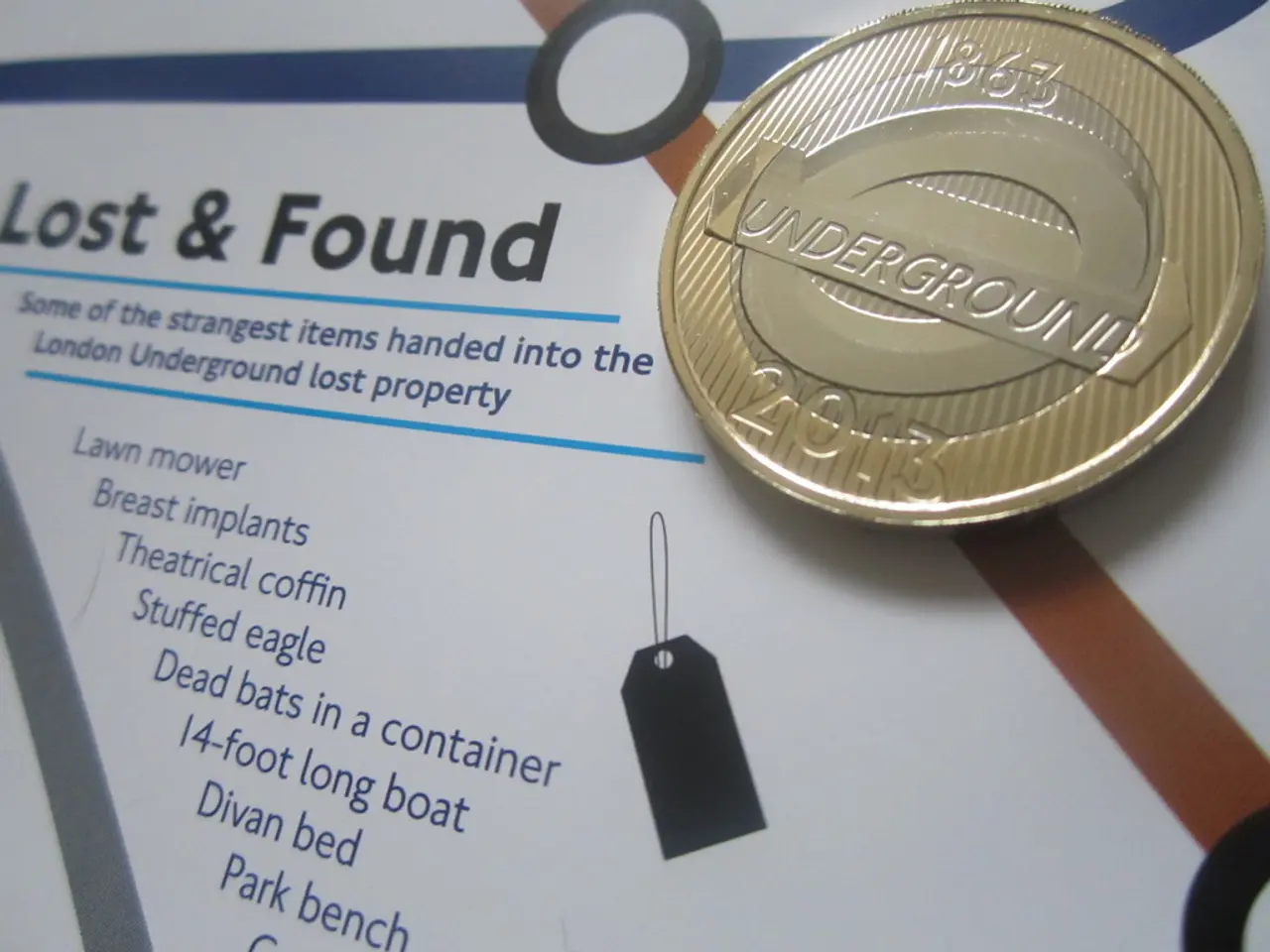Pharmaceutical investments hinge on the significance of the pipeline, indicating the supportive role of pipelines in such ventures.
In the dynamic world of pharmaceuticals, late-stage pipelines have become critical investment assets for companies seeking to maintain their competitive edge and sustain long-term growth. These pipelines, close to market launch, represent near-term revenue opportunities that significantly impact a company's valuation.
Companies like Novo Nordisk, Eli Lilly, AstraZeneca, AbbVie, and Merck are renowned for their substantial late-stage pipelines, targeting high-demand areas such as obesity, diabetes, oncology, and immunology. These therapeutic sectors present strong market potential and unmet medical needs.
Novo Nordisk, for instance, was the first to launch a series of weight-loss drugs based on GLP-1 drugs. The company's share price has tripled since June 2021 when Wegovy was approved for weight loss. Similarly, Eli Lilly's Mounjaro (Tirzepatide) was approved for type-2 diabetics in May 2022 and for weight loss in November 2023, contributing to the company's robust growth.
The market for Alzheimer's treatments is expected to grow from $2.2bn in 2020 to $22bn in 2030. Biogen and Lilly are leading the charge in this sector, with Biogen's Lecanemab (Leqembi) and Lilly's Donanemab in various stages of clinical trials. These drugs have shown promising results in slowing cognitive decline in Alzheimer's disease.
Other companies are also diversifying their portfolios. AbbVie, whose best-selling drug, Humira, lost patent protection in early 2023, leading to a significant drop in sales, is investing in new drugs and acquisitions. The company has three Alzheimer's drugs in stage II and is buying Aliada Therapeutics for its promising stage-I Alzheimer's drug.
Investor confidence in these companies is strongly influenced by the robustness of their late-stage pipelines. Approvals or positive trial results can lead to significant stock appreciation. For example, Boehringer Ingelheim's advancements in key late-stage candidates have fueled new product launches set to redefine standards of care and drive future growth.
However, the challenge of imminent patent expirations of blockbuster drugs increases the urgency to replenish pipelines with late-stage candidates. By 2030, patents for numerous high-revenue drugs will expire, risking billions in sales. This pressure leads to elevated deal premiums and a focus on internal innovation capabilities to maintain a competitive edge.
In summary, late-stage pharmaceutical pipelines are vital in investment decisions because they:
- Represent near-term revenue opportunities critical to company valuation.
- Reduce the high financial and reputational risks associated with drug development failures.
- Enable strategic lifecycle management that maximizes a drug’s commercial life.
- Serve as key signals of future growth potential, influencing investor confidence.
- Are especially crucial for industry leaders like Novo Nordisk, Eli Lilly, AstraZeneca, AbbVie, and Merck to sustain leadership amid patent cliffs and competitive pressures.
These pharmaceutical giants offer a range of risk/reward profiles for investors, with their forward p/e and yield ratios reflecting their current growth trajectories. As these companies continue to innovate and navigate the complexities of the pharmaceutical market, they will undoubtedly shape the future of healthcare and investment landscapes.
Investors are drawn to companies like Novo Nordisk, Eli Lilly, AstraZeneca, AbbVie, and Merck due to their substantial late-stage pipelines, as these portfolios represent potential dividends that significantly impact a company's finance. Furthermore, investing in these pharmaceutical giants can lead to profitable returns, as approvals or positive trial results often result in significant stock appreciation.




